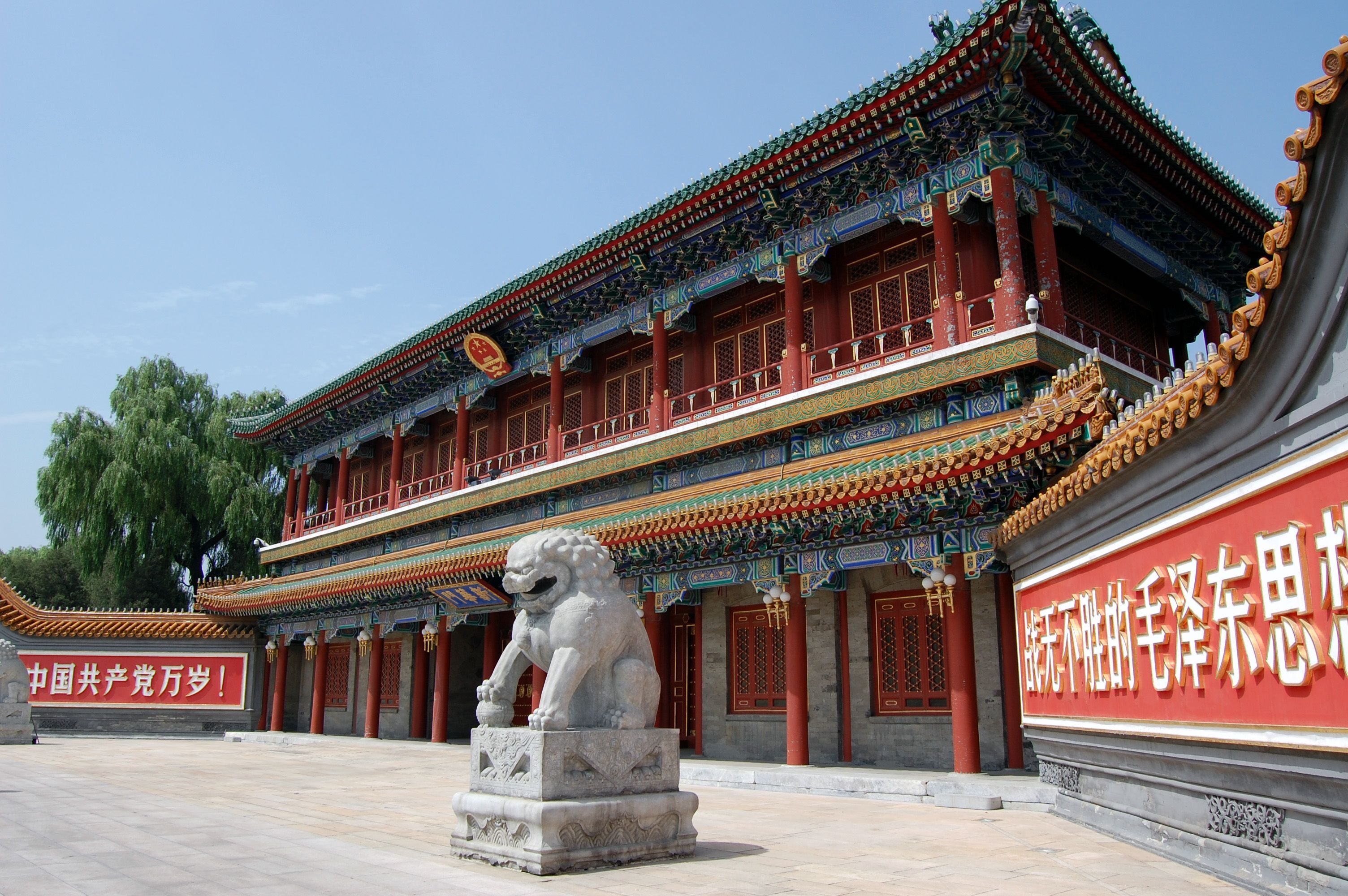The talk about the Asian Infrastructure Investment Bank (AIIB) is no longer a bluff. On June 29, 2015, AIIB embarked with representatives of 50 countries signing the legal agreement to establish a gargantuan $100 billion-worth international financial institution. The bank aims to provide essential financial assistance in infrastructure mainly in China and Southeast Asia. While some key players in the global economy were happy to participate, Ottawa has yet to send a clear message to China whether it would take a part in AIIB. Canadian policymakers must be aware that their silence could be interpreted as a sign that Canada lacks the capability to coordinate effective strategy in foreign relations.
A number of Canadian experts have been urging that Canada should participate in the AIIB. They also believe that it would be unwise for Canada to follow US’ and Japan’s response to the AIIB. Wendy Dobson, an Executive Fellow at the School of Public Policy at the University of Calgary, argued that Washington’s concern that the Bank may not follow global standard is “hypocritical.” She believes that the AIIB will encourage healthy competition between the international financial institution, and this would help them to remain efficient and transparent. Rana Sarkar, a Senior Fellow and Board Co-Chairman of the Munk School of Global Affairs, also argues that there is no need to worry about the AIIB’s standards. He is confident that the large number of OECD members participating in the AIIB would ensure the Bank plays “nice in the sandbox of multilateral institutions.”
Some have indicated that the Chinese government’s influence in the matters of the AIIB would be moderate at best. The Chinese government has only given a “broad direction” on the establishment of the AIIB, and it is up to the members to decide the structure and the aim of the Bank. Still, there is a fear that China’s foreign policy would heavily influence the business of the AIIB. This is why China’s neighboring countries in Southeast Asia have been reluctant to join the AIIB. The Philippines has been confronting China’s ad-hoc territorial claim in the South China Sea. Filipino top officials have expressed their deep concern that the AIIB would serve China as another useful tool in achieving its objectives.
Ottawa appears to be sitting on the fence, wondering what it should do. Ottawa has yet to speak on whether obtaining membership in AIIB would be helpful in serving Canada’s interests. Perhaps it has remained silent too long as China had originally stated that other states should indicate whether they would join the AIIB before March 31. In April, Ottawa said it is “actively considering” joining the AII, but a few months later, it has yet to reveal what it will do.
David Mulroney, a former Canadian ambassador to China, expressed his fear that Canada is no longer seen as a key player in international relations. In his new book, Middle Power, Middle Kingdom, he is concerned that Canada has been engaging China without “specific Canadian objectives in view” and remained “ambivalent” in our relations with China. He believes that this had led to a problem that Canada has undermined its ability to “steer a course for Canada in the world.”
Silence can be easily misinterpreted. George Bernard Shaw once said, “Silence is a perfect expression of scorn.” The worst consequence would be to China and other states to have their own interpretation of Canada’s silence. China may interpret it as Canada’s offending China by treating China’s ambitious project lightly and simply ignoring it. Others may interpret it as Canada’s being no more than a sly opportunist, or thoughtlessly following the direction of US and Japan
The moment has come. Mulroney believes, Ottawa must formulate a long-term strategy on Canada-China relations for the future to ensure a long-term prosperity of the two nations.





